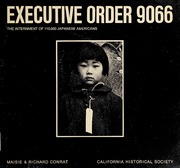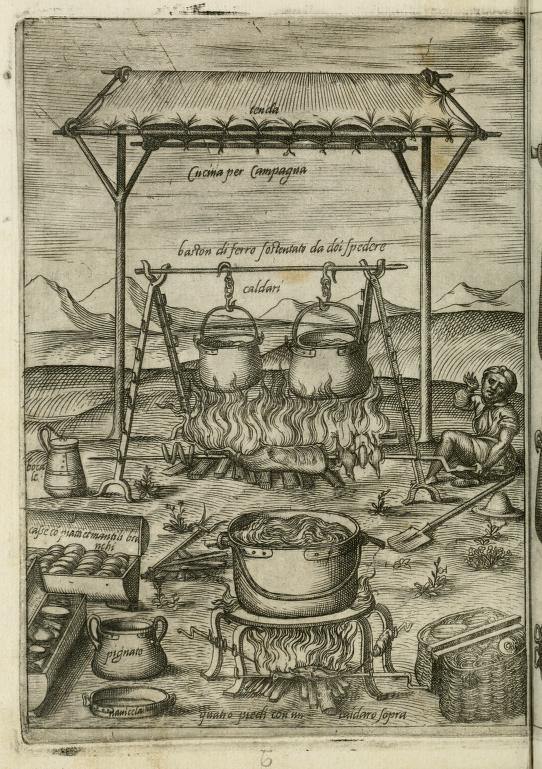
🙌 Announcing: a new portal for the #Decentralized Web. If you've ever wondered how to find allies, partners, resources, events & writings about the DWeb, this new website is designed just for you.
Connect the dots in the DWeb:
getdweb.net
Connect the dots in the DWeb:
getdweb.net
2/ And in just a few hours, join us for the DWeb Meetup, where the design team behind this website will take you on a guided tour.
Plus, you can dive into the new DWeb principles, the north star for builders of a better web.
TODAY at 10am PT:
eventbrite.com/e/dweb-meetup-…
Plus, you can dive into the new DWeb principles, the north star for builders of a better web.
TODAY at 10am PT:
eventbrite.com/e/dweb-meetup-…
3/ What are the values that must underly a better web? Over the last year, dozens of community members have helped to hone these five principles of the Decentralized Web:
getdweb.net/principles
They are a starting point, not the end. We invite you to help iterate & grow them.
getdweb.net/principles
They are a starting point, not the end. We invite you to help iterate & grow them.
4/ To learn more about the process of defining the DWeb Principles, @maira & @johnconorryan, who led the process, have mapped out the back story.
Read about how the DWeb Principles came to about:
blog.archive.org/2021/02/18/beh…
#Decentralization #technology #values
Read about how the DWeb Principles came to about:
blog.archive.org/2021/02/18/beh…
#Decentralization #technology #values
• • •
Missing some Tweet in this thread? You can try to
force a refresh















